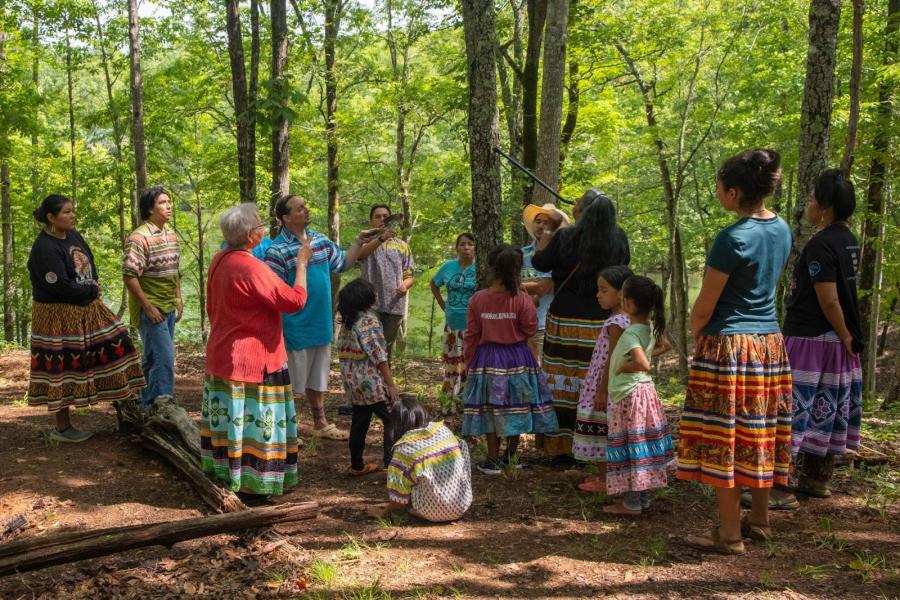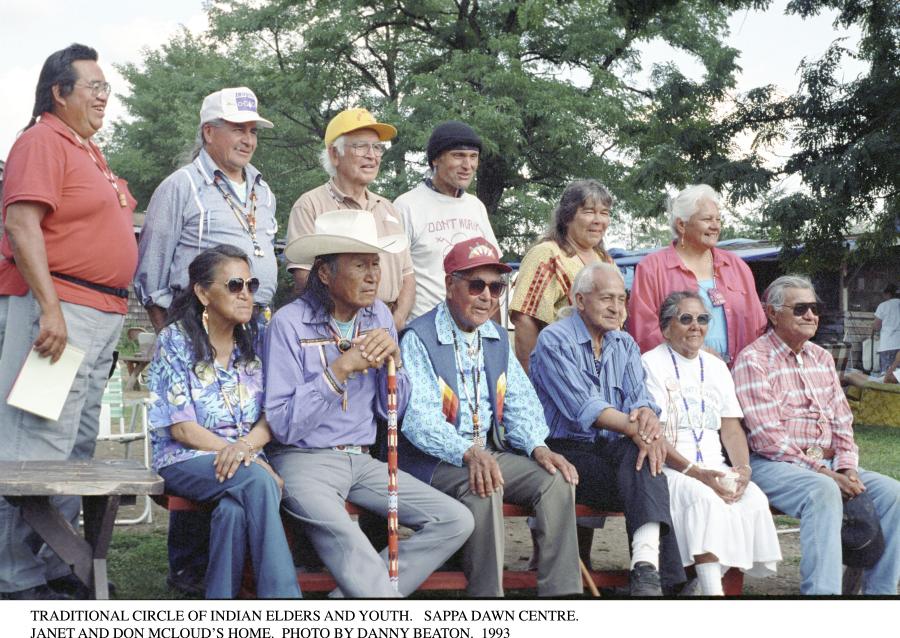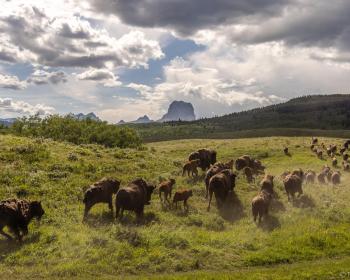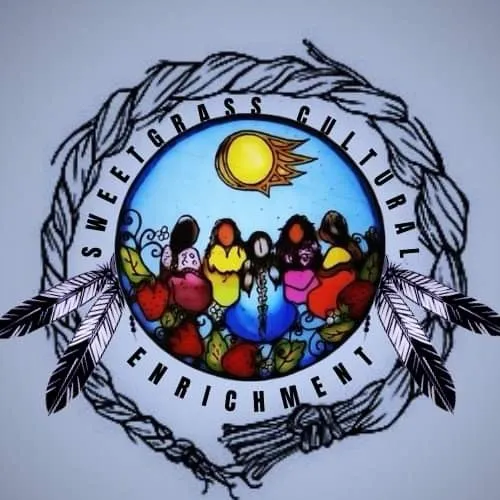
By Tia-Alexi Roberts (Narragansett, CS Staff)
May 5 is the National Day of Awareness for Missing and Murdered Indigenous Women and Girls/People/Relatives (MMIWG/MMIP/MMIR), a day dedicated to honoring the lives lost and demanding justice.
This day was officially recognized in 2017 following the tragic murder of Hanna Harris, a 21-year-old Northern Cheyenne woman. Harris’ death and the widespread inaction that followed sparked national outcry and drew attention to the ongoing crisis of violence against Native women and girls. Introduced by U.S. Senator Steve Daines and former U.S. Senator Jon Tester of Montana, the resolution acknowledged not only Hanna’s story but also the countless others lost to abduction, murder, and systemic neglect.
Since then, Indigenous families, grassroots organizers, Tribal Nations, and allies have mobilized at local, national, and international levels, turning grief into action. Together, they continue to raise awareness, demand policy change, and build movements grounded in culture, healing, and justice for the stolen sisters.
This day resonates deeply at the Sweetgrass Cultural Enrichment Center in Bradford, Rhode Island. As an intertribal space rooted along the historic Pequot Trail, Sweetgrass is committed to cultural healing, preservation, and protection of Indigenous life in memory and active resistance to erasure. The Center was established to strengthen traditional values and provide a path of healing for Native people, especially those living in urban areas, disconnected from their homelands and Tribal communities. According to Center founder Junise Golden Feather Bliss (Narragansett), 71% of Native Americans in the Northeast live in urban communities with no access to their Tribal community or resources to address the MMIWG crisis.
Rhode Island is rich in Indigenous history, and Sweetgrass is a living reminder of that truth. The people it serves are the descendants of survivors of the Pequot Massacre, the Great Swamp Massacre, and King Philip’s War. Their survival is a testament to their ancestors' strength and a responsibility to protect future generations. Through cultural revitalization, ceremony, education, and community-building, Sweetgrass honors the memory of those we have lost. It reaffirms its commitment to creating a safer, more culturally grounded future for Indigenous women and all Indigenous people.
As the red dresses hang in silence and prayers are lifted across Turtle Island on May 5, Sweetgrass Cultural Enrichment Center advocates for unity and remembrance, carrying forward the legacy of our stolen sisters through action, healing, and the restoration of community.
We recently spoke with Golden Feather Bliss, who shared powerful insights into the center’s mission, its connection to MMIWG advocacy, and the healing it provides for future generations.
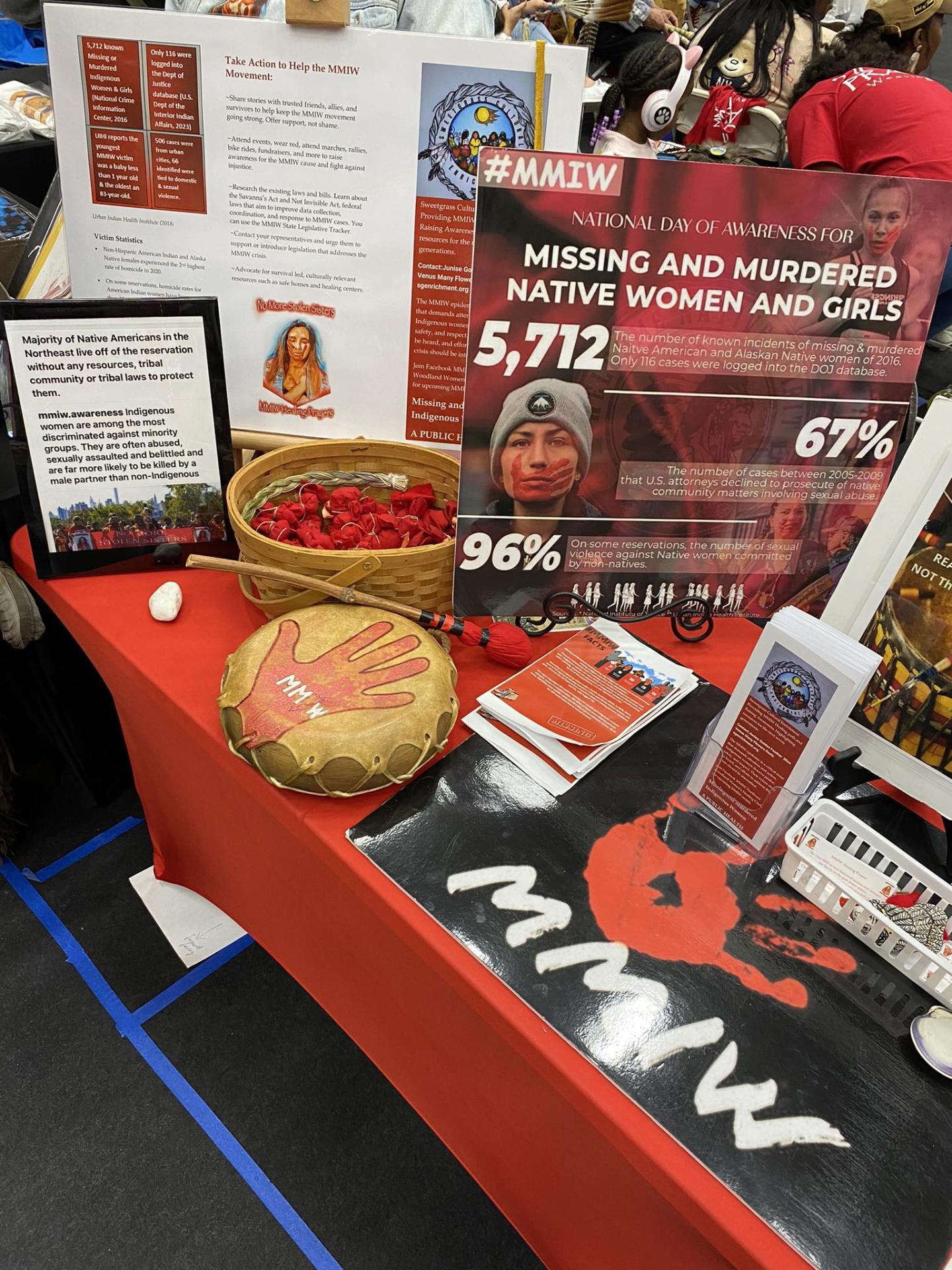
Cultural Survival: Tell us about the Sweetgrass Center.
Junise Golden Feather Bliss: Sweetgrass Cultural Enrichment Center is a new 501(c)(3) Native-Led nonprofit organization in Rhode Island. Our mission is to strengthen our cultural traditional values and bring healing to our community. Many first contact Tribal communities in New England face historical trauma and layers of violence through colonization and systemic racism. The Sweetgrass Cultural Enrichment Center's mission is to form partnerships to address the cycle of violence and provide a healing path for families.
CS: How can people in the Northeast get involved in MMIW advocacy?
JB: Sweetgrass Cultural Enrichment Center’s Intertribal MMIW Advocacy Board meets monthly for strategic planning and program development. We prepare for the MMIW Northeast Women’s Healing Circle Intertribal Information Table at our annual Tribal gatherings.
CS: How does the lack of data or reporting on MMIW affect cases in New England?
JB: A lack of data is causing an inaccurate understanding of the MMIWG public health crisis. Misclassification of data collection is still a factor in underreporting cases.
CS: What resources are available for Native women facing violence?
JB: The Narragansett Tribes have resources for [their] members through the Indian Health Service. The pandemic highlighted the marginalized Native communities from federal, state, and urban Indigenous [people] living in Rhode Island with no access to resources or healthcare. Sweetgrass Cultural Enrichment has formed partnerships for resources against the cycle of Violence with the Rhode Island Coalition Against Violence.
CS: How is community healing being supported through your circle?
JB: We are standing in solidarity against the MMIW epidemic in our Tribal communities, placing a MMIW healing seed with a traditional tobacco prayer for the next seven generations over the young women in our healing circle.
